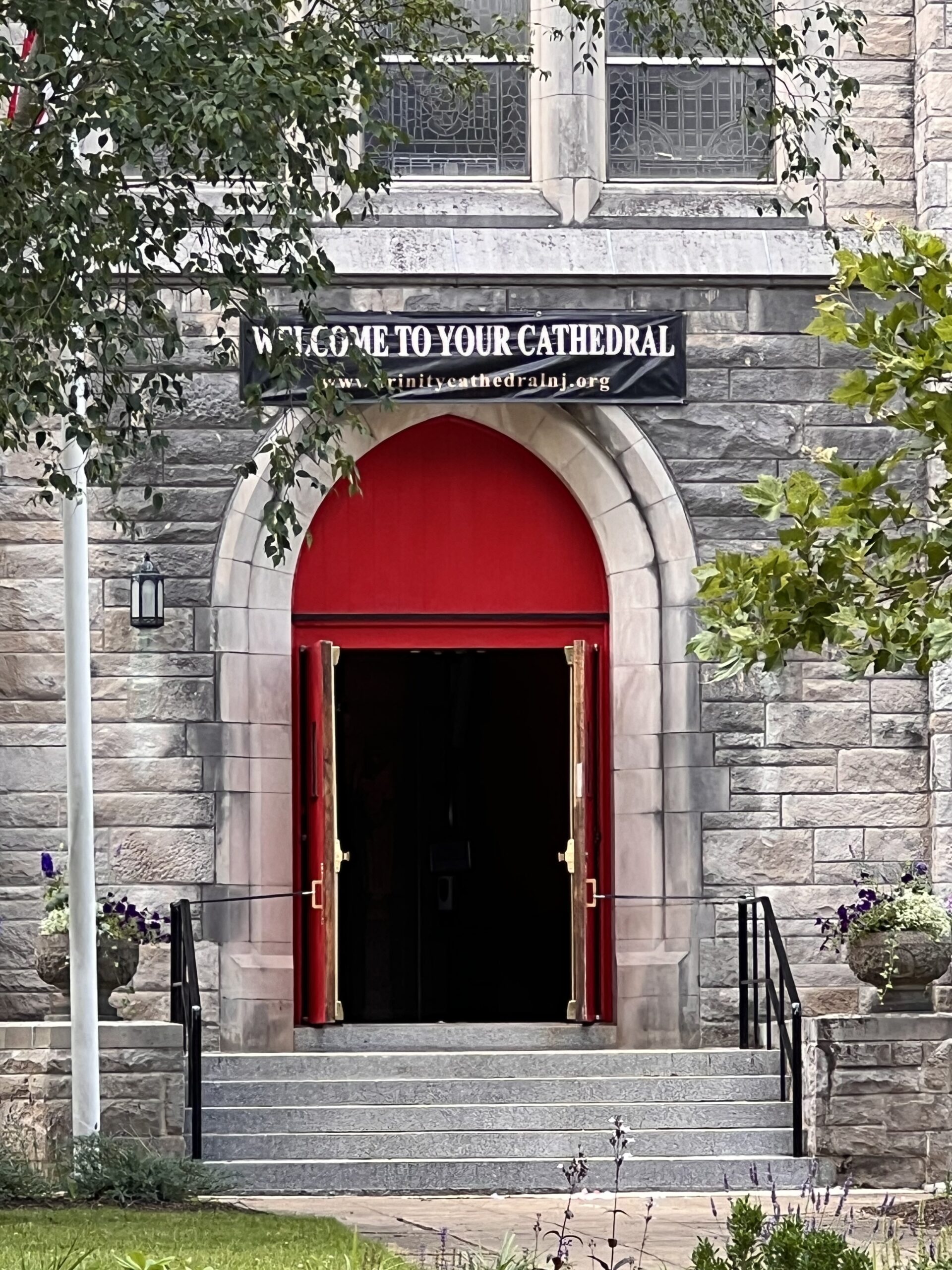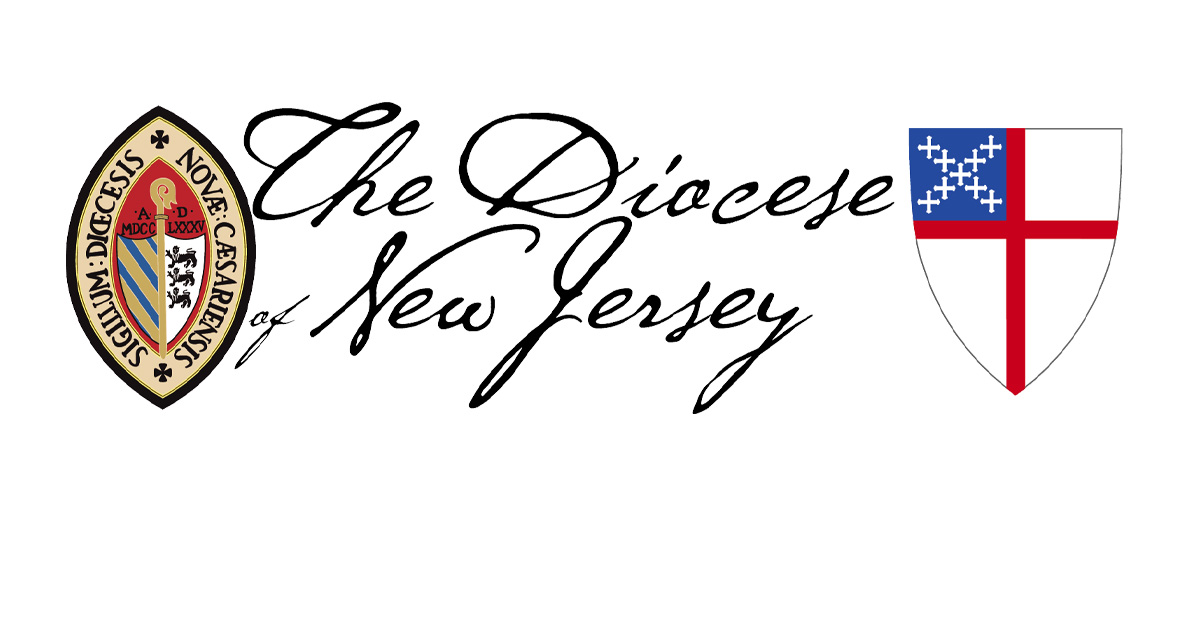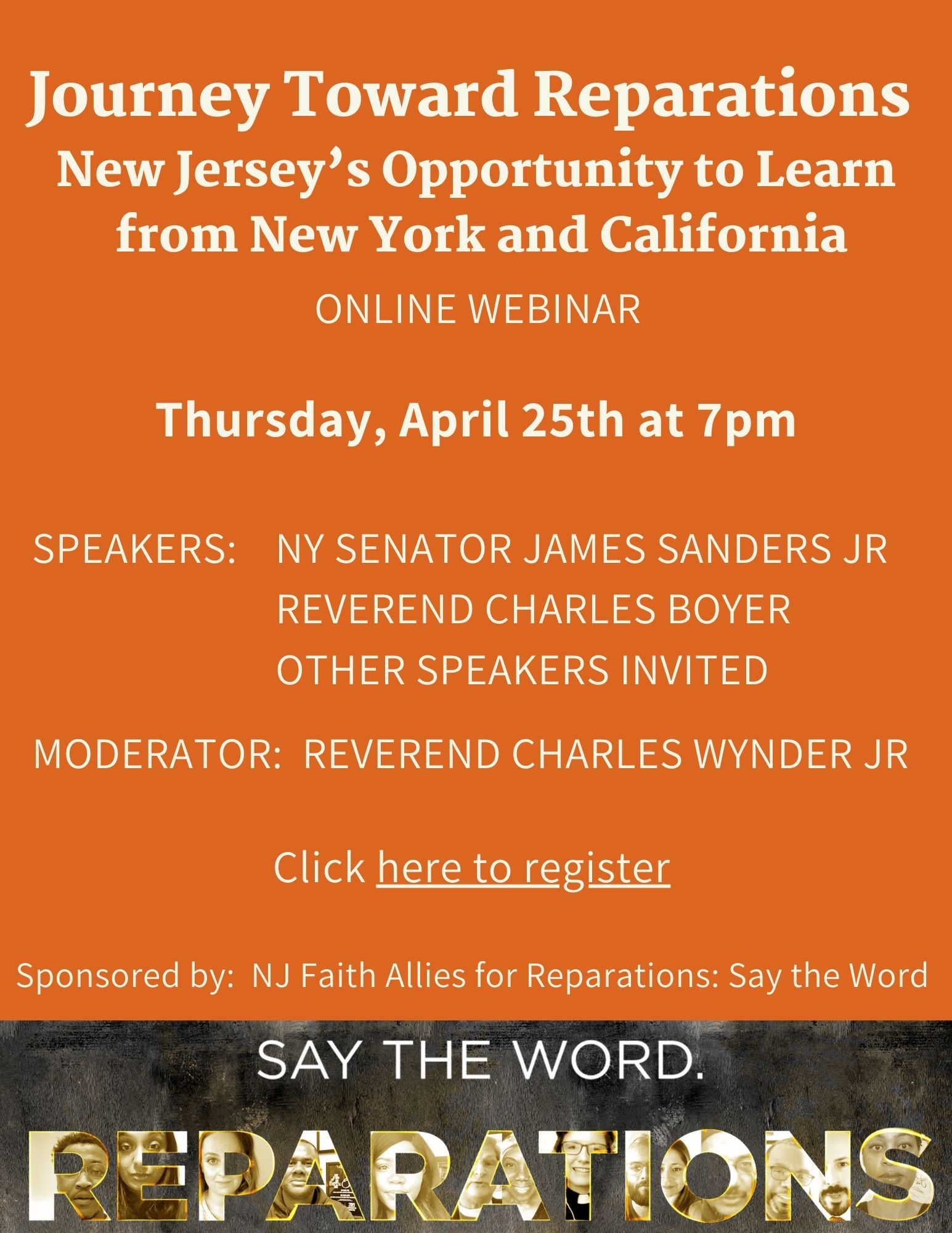It’s important to remember four key facts about the importance of an annual audit:
- It provides a valuable set of information about the missional health of your church: where
you’ve been, where you are, and where you’re going. - It’s an essential part of the yearly financial cycle of your church.
- You have the tools at hand to accomplish an audit, and
- The Diocesan Audit Committee is here to help you successfully complete your audit.
Click here for the Anatomy of an Audit: a step-by-step guide to the process and sections of an audit and audit report.
Why Should We Audit?
– To know our current financial position.
– To know that we have the proper financial controls in place.
– It enables the vestry to perform its fiduciary duty.
– Rectors, vestries, vicars, bishop’s committees, treasurers, and other persons in positions of responsibility may be liable for any losses which would have been discovered by an ordinary audit but were not discovered because they failed to have an audit conducted.
– It is required by our Canons.
Canonical Requirement
– Title I, Canon 7, Section 1 (f) of the Constitution and Canons for the Government of the Protestant Episcopal Church in the USA.
(f) All accounts of the Diocese shall be audited annually by an independent Certified Public Accountant. All accounts of Parishes, Missions or other institutions shall be audited annually by an independent Certified Public Accountant, or independent Licensed Public Accountant or such audit committee as shall be authorized by the Finance Committee, Department of Finance, or other appropriate diocesan authority.
A Committee Audit:
– Committee members should be independent of the decision making and financial record keeping functions of the congregation.
– The committee should include at least one financial expert.
–Someone with knowledge of accounting, but not necessarily a CPA.
– A typical audit committee has three members.
Scope of an Audit:
– Verification (or preparation) of financial statements.
– Sufficient tests of transactions to assure adequate control of the assets of each congregation.
– A review of management control practices.
Accounts to be Audited:
– All accounts must be audited. This includes all checking, savings, and investment accounts for any church purpose including Clergy Discretionary Accounts.
– No church money is exempt from the requirement of an audit.
Objectives of an Audit:
– That the financial statements for the year were prepared from the financial records and present fairly the financial position and changes in net assets and cash flows of the congregation.
– That the assets, liabilities, income and expenses, which should be in the financial records, are so shown in the proper amounts and in the proper accounts
– That the various transactions during the year are recorded in the proper amounts and in the proper accounts and that there were no “off the books” accounts or activity
– That the various transactions during the year are proper and are documented appropriately (i.e., authorized, appropriate church purposes, complete and accurate)
– That, to the extent feasible, adequate internal control procedures were and continue to be in effect.
Objectives of an Audit:
– That the financial statements for the year were prepared from the financial records and present fairly the financial position and changes in net assets and cash flows of the congregation.
– That the assets, liabilities, income and expenses, which should be in the financial records, are so shown in the proper amounts and in the proper accounts
– That the various transactions during the year are recorded in the proper amounts and in the proper accounts and that there were no “off the books” accounts or activity
– That the various transactions during the year are proper and are documented appropriately (i.e., authorized, appropriate church purposes, complete and accurate)
– That, to the extent feasible, adequate internal control procedures were and continue to be in effect.
Timing of an Audit:
– The Canons call for the church fiscal year to end on December 31.
– The audit should begin prior to the end of the year to include audit procedures that can only be performed at year-end.
– Prior to filing, the Audit Committee should present the audit report to the Treasurer, Rector and Wardens.
– Findings and recommendations should be discussed with the Treasurer or other responsible persons, and within 30 days their written response attached to the report.
– The Vestry receives the audit report upon completion.
– The audit report should be filed with the Bishop no later than 30 days following completion, no later than the following September 1.
– The minutes of the Vestry will officially record the receipt, acceptance, and subsequent filing of the audit report with the Ecclesiastical Authority.
Need More Help?
Consult the Manual of Business Methods in Church Affairs (Chapter VI) online at: http://www.episcopalchurch.org
Can You Help?
We have many missions and small congregations with neither the funding nor the qualified personnel not otherwise involved in running their finances to enable them to meet the requirements of either an external audit or a committee audit.
We would (finally!!) like to realize our dream of a resource database of qualified people who could partner with others within our diocesan family to assist them with audits and perhaps mentor them through other financial matters as appropriate.
Please consider this vital ministry and encourage others in your congregations who may be qualified and interested to do likewise.
Anyone interested can call 609-394-5281.














